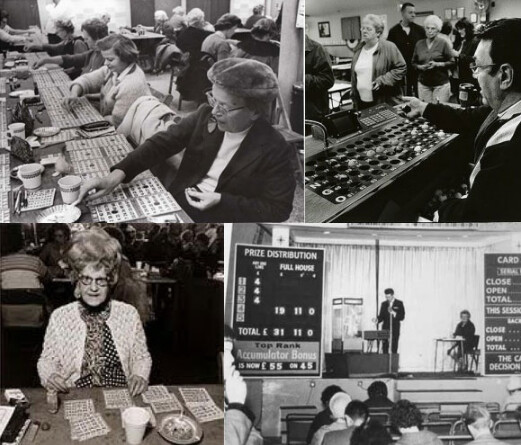From Housie to Bingo: The Evolution of Australia’s Favorite Game

Bingo in Australia has a rich history that dates back to the early 20th century. While the game itself originated in Italy as “Lo Gioco del Lotto d’Italia” in the 16th century and evolved through France and the United States, it made its way to Australia in the 1930s. Initially, it was known as “Housie” in the country.
Housie, as it was called in Australia, became extremely popular in social clubs, church halls, and community events. It was similar to the American version of Bingo, with players marking off numbers on cards as they were drawn. The name “Housie” is believed to have originated from the word “house,” referring to the winning line or the full card.
In the 1970s, the game began to transition into more formalized commercial ventures, with larger halls opening and offering regular games. In the 1980s and 1990s, the game became a key feature in fundraising efforts, and its popularity continued to grow, especially in local community and charity events.
Today, Bingo in Australia is offered both in traditional hall formats and online platforms, with players still enjoying the social, community-driven aspects of the game. The game is often associated with good causes, as proceeds from many Bingo games go toward local charities or community projects.